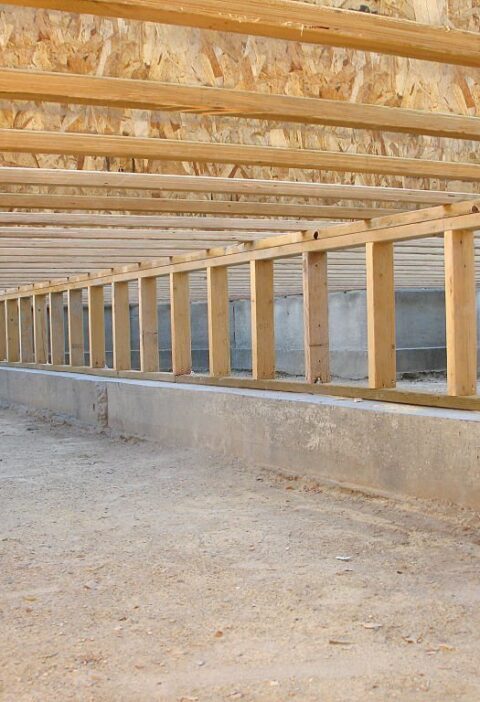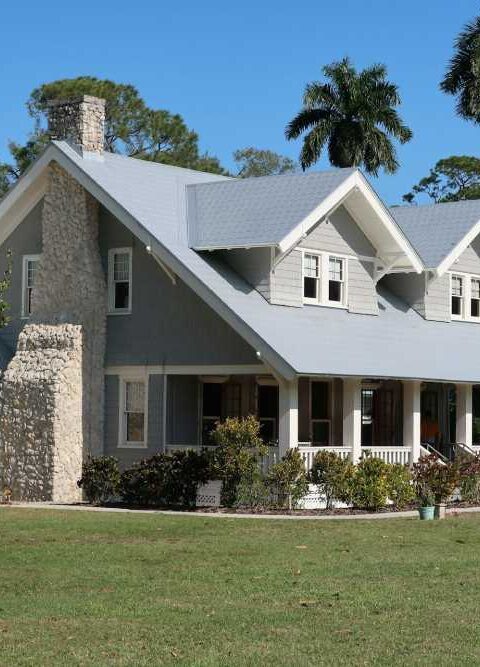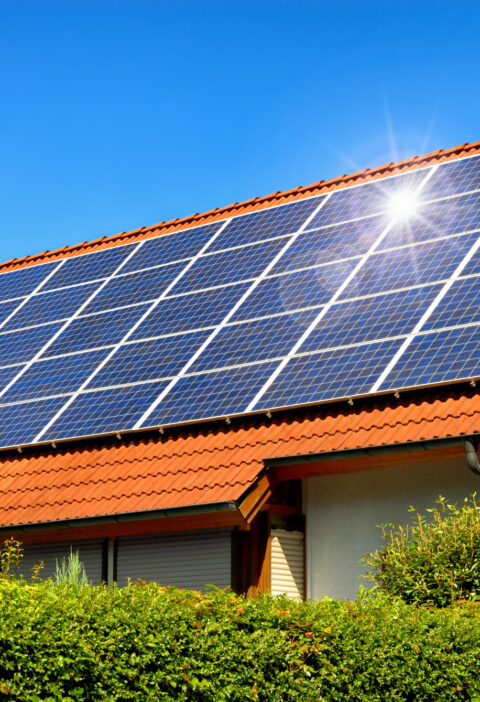Did you know that the four largest banks in Australia hold a staggering $1.87 trillion in mortgage loans?
Sure, this is great for the banks’ profits because more loans mean more money. But, the increasing desire for homeownership also means a higher risk for the banks.
How do they protect themselves? Simple: through mortgage insurance. You’ve likely heard this term used interchangeably with homeowner’s insurance, but the two are different.
Understanding mortgage insurance vs. homeowner’s insurance is crucial. We’ll help you analyze the two insurance policies and highlight their differences.
Let’s get started!
What Is Mortgage Insurance?
Mortgage insurance protects lenders if borrowers don’t make their mortgage payments. Though meant to protect the lender, this policy also benefits borrowers.
It allows borrowers who wouldn’t typically qualify for mortgage loans to access them. It also enables them to get the loans at a more affordable cost.
When applying for a home loan, lenders need you to put down a fraction of the mortgage loan as a down payment (usually 20%). This is a security for them, as it’d be difficult to default on payments if you’ve put down part of a home’s cost.
Mortgage insurance steps into the picture when you can’t afford the down payment. In this event, lenders require you to make insurance premium payments for security. This way, they can get their money back even when you default.
Mortgage Insurance and Your Mortgage
Though related, your mortgage insurance and mortgage loan aren’t the same. Lenders don’t typically include mortgage insurance in your loan application.
You can pay your mortgage insurance lump sum or make monthly payments. Most borrowers opt for monthly payments since they’re easier to manage.
Always ask your lender whether they need you to have mortgage insurance. If they do, use an LMI calculator to determine their premium charges. Then, compare that to other lenders’ premiums to find the best deal.
Luckily, you don’t have to pay the insurance premiums throughout your loan’s life cycle. Most lenders will let you out of paying the insurance when you reach their equity threshold. Ensure you confirm this before agreeing to any lender’s terms.
What Is Homeowner’s Insurance?
Lenders also need borrowers to get homeowner’s insurance policies before approving their loans. But unlike mortgage insurance, homeowner’s insurance protects you, the borrower.
This policy protects your home, so you’ll receive compensation for insured damages. Nevertheless, every policy is different, so you need to take time to understand yours.
Standard policies don’t cover normal wear and tear or natural disasters like floods. You’d need to buy additional policies for protection from these risks.
Ensure you know what your insurer is willing to cover before agreeing to their terms. Also, ask about out-of-pocket payments when an insured risk occurs. You don’t want to be blindsided when a risk occurs.
Homeowner’s Insurance and Your Mortgage
So, what’s the relationship between your homeowner’s insurance policy and a home loan? Though it’s meant to protect you, the homeowner, this policy also protects the lender.
Remember, your chosen lender also has a financial stake in your home. Damages to your property may translate to losses on their part, hence their need for this policy.
Most lenders bundle up homeowners’ insurance premiums with monthly mortgage payments. But this isn’t to say that the two go to your lender. They set up escrow accounts that send the premiums to your insurance company.
You can also request to make the premium payments yourself. This is a great move, as you’ll find it easier to keep your policy after completing mortgage payments.
Do You Need Homeowner’s Insurance After Finishing Mortgage Payments?
Keeping your homeowner’s insurance after completing mortgage payments is optional. Nonetheless, it’s recommended for the following reasons:
- It covers your possessions if insured risks like fire or theft occur
- It covers your home’s structure and can help you rebuild after a disaster
- It protects you from liability claims when people get injured on your property
- It can cover your lodging expenses if your home becomes temporarily inhabitable
Though required in mortgage applications, this policy’s benefits go beyond the application process. Keeping it protects your financial wellbeing if insured risks occur.
Mortgage Insurance vs. Homeowner’s Insurance: Significant Differences
As you’ve seen, these policies are essential for home loan approval. Apart from this, the two are entirely different. Here are some of the key differences to keep in mind:
Parties Covered
Mortgage insurance covers the lender if the borrower defaults on their mortgage payments. Homeowner’s insurance covers the borrower directly and the lender indirectly. After all, both parties have financial interests in a home.
When Needed
Lenders need mortgage insurance from borrowers who can’t meet their minimum equity threshold. This means you don’t need this policy if you can pay 20% of your home’s value.
Homeowner’s insurance is essential regardless of your down payment. Expect your lender to discuss it despite putting up more than the required down payment.
Recipient Parties
Mortgage insurance premiums go to the mortgage insurer chosen by your lender. You can pay the premiums in a lump sum or make monthly payments.
Homeowner’s insurance premiums go to your insurance company. The lender only acts as a middleman and doesn’t benefit from your premiums.
Life Cycles
You can get out of paying mortgage insurance after reaching the 20% threshold. Lenders will need you to pay homeowner’s insurance until you complete loan repayment. You can even maintain the cover after for your financial security.
Now You Know the Policies’ Significant Differences
Understanding mortgage insurance vs. homeowner’s insurance is vital. Lenders need both because the former protects them directly and the latter indirectly.
Mortgage insurance is necessary when you can’t meet a lender’s minimum deposit threshold. Homeowner’s insurance is crucial even when you meet the threshold.
Different lenders have varying ways of determining premiums, so shopping around is essential. Don’t be afraid to ask questions, as that’s the only way to find the best deal.
Was this article helpful? If so, browse our website for more enlightening business, finance, and legal content.







